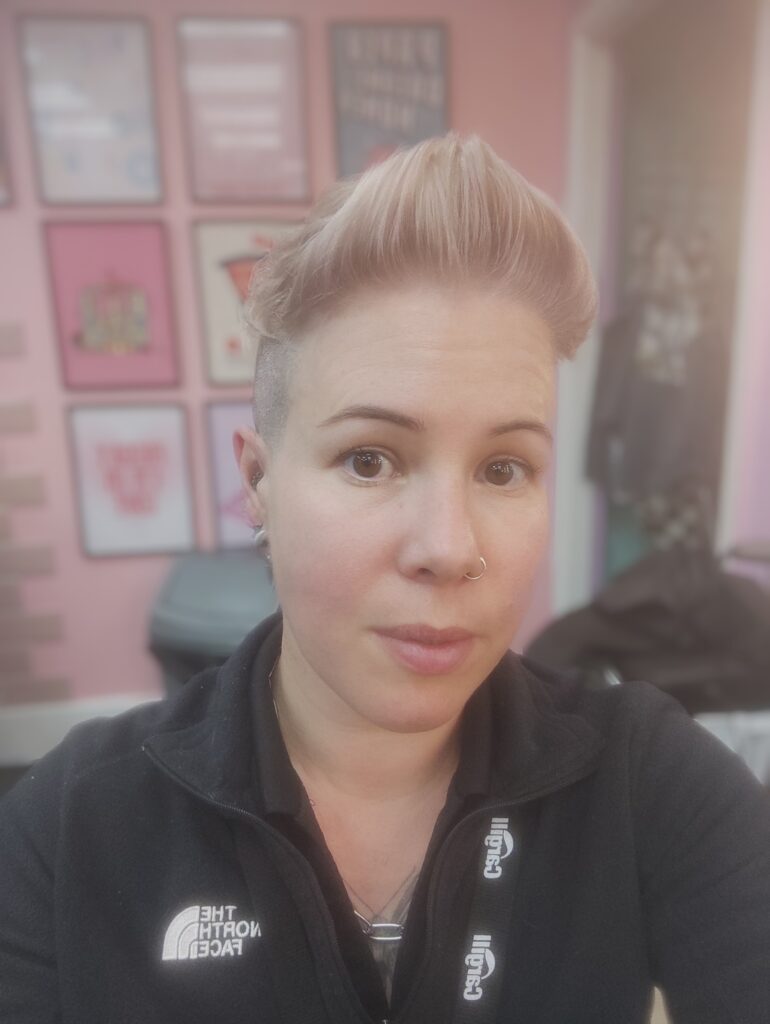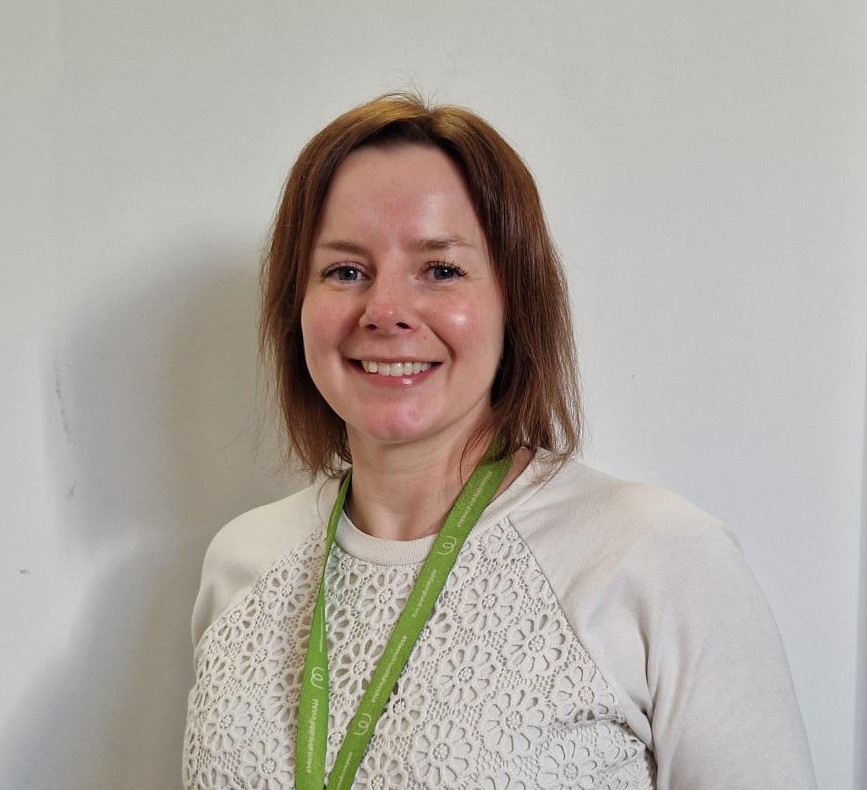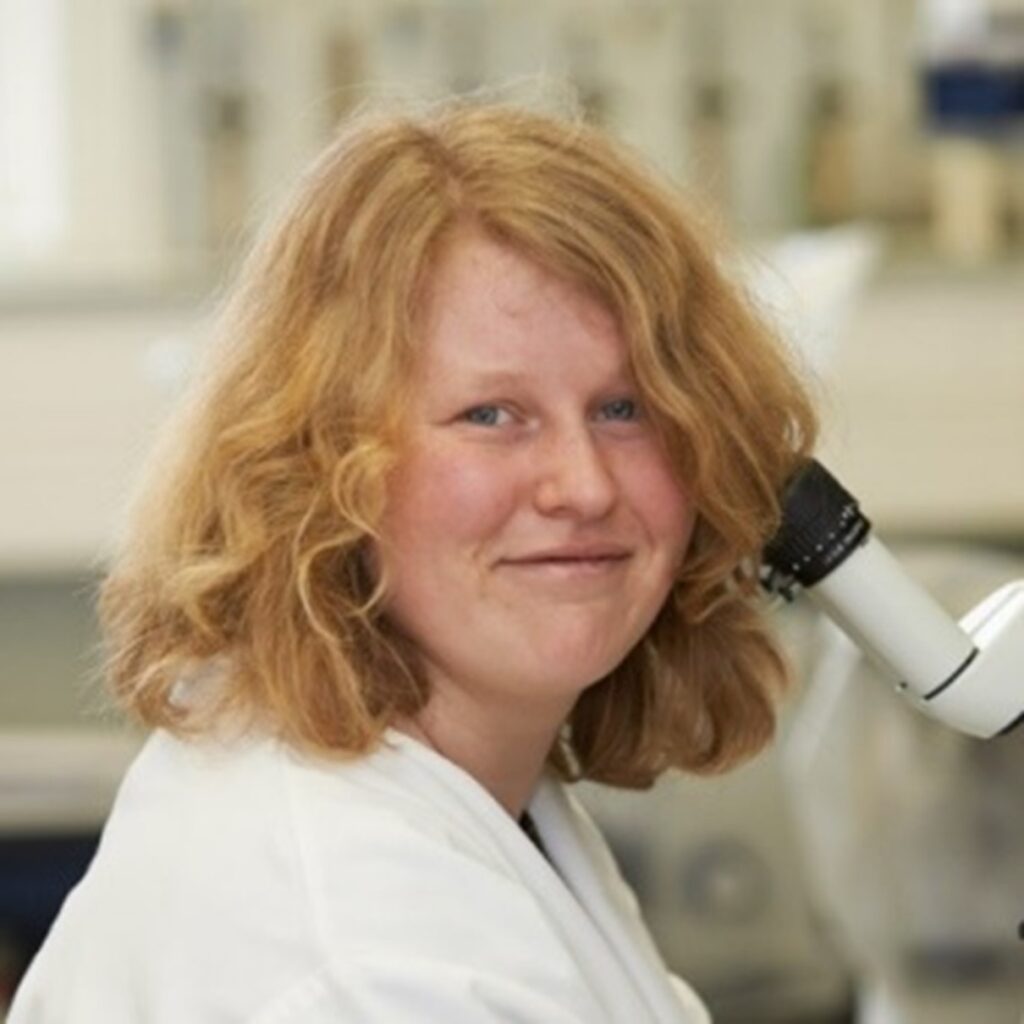HONOURING WOMEN AND GIRLS IN SCIENCE
Women and girls have made ground-breaking contributions to science, technology, engineering, and mathematics (STEM). Yet, gender inequality remains a significant barrier in these fields.
It’s important to celebrate, empower, and amplify the voices of women in STEM – not just on one day, but all year round.
We spoke to some of the inspiring women on our campus to hear their stories, celebrate their achievements, and share their advice for the next generation of women and girls pursuing careers in science.

Dr Jessica Jones, Applications Manager, Cargill
Where do you work and what’s your job role?
“At Cargill, we are leveraging nature-derived ingredients to create low-carbon products across sectors, driven by climate urgency, regulations, and consumer demand for healthier, sustainable solutions. As Applications Manager, my role involves managing teams of scientists who focus on generating industry specific data on the performance of our products for our customers.”
What do you love most about working in science?
“I find working in science incredibly exciting. Our fields of research are constantly evolving, and I am passionate about learning new things every day. Witnessing advancements that meet our customers’ needs is particularly gratifying, as it demonstrates the tangible impacts of our work. Additionally, the collaborative environment in science communities fosters innovation and creativity. Working alongside such talented and dedicated individuals has been a source of inspiration and motivation.”
What’s your advice to young girls wanting to work in science?
“Having a mentor is crucial. I didn’t realise its importance until I accidentally developed that relationship. Don’t be afraid to ask for what you want as demonstrating readiness is more effective than seeking permission. Put yourself out there, take the lead and learn from outcomes, even failures. And finally, always be yourself. Your unique skills are valuable and being comfortable with who you are makes others comfortable too.”

Stephanie Flint, Operations Technical Manager, Abingdon Health
Tell us about your job role and how you got there?
“I work at Abingdon Health, who are a lateral flow technology company. We develop and manufacture the tests, and I provide technical support to the operations team which involves any troubleshooting of routine products and involvement in any improvement or changes to products.
“As part of my Applied Biology degree, I did an industrial placement based here at York Biotech Campus in Plant Health specialising in lateral flow tests. After my degree, I was offered a position with the same team – which was then part of Fera – and I jumped at the chance! When the company became Abingdon Health, my role naturally transitioned into the manufacturing side of lateral flow tests. I’ve now been here for 18 years.”
What do you love most about working in science?
“Being involved with an ambitious and dedicated team, of which a high proportion are women. We have many subject matter experts within the company and there is always something new to learn about lateral flow tests, and there is always something different and novel that people want to create a test for.”
What’s your biggest achievement?
“Working onsite throughout the pandemic was quite the challenge but extremely rewarding given we were manufacturing lateral flow tests, which were vital at the time. I have also had the opportunity to work abroad in a laboratory in France, and at Queen’s University in Belfast.”
What’s your advice to young girls wanting to get into the industry?
“Do what you enjoy and persevere! Having some practical experience when you start your career is really beneficial, so if your university course offers work placements take up the offer. Having some lab experience puts you ahead when looking for roles.”

Bex Lawson, Senior Scientist, Fera Science Ltd.
Tell us what you do and your journey to doing it?
“I’m a Senior Nematologist and Collections Curator. My job encompasses a lot including taxonomic identification of nematodes to species, and curating the Fera nematode collection, producing and maintaining permanent slide material of nematodes as reference material for scientific study. After studying my degree, I joined Fera as an Assistant Scientist and have received on the job training in the nematology team for the past 20 years, which has supported my journey to the role that I am in today!”
What’s your favourite thing about working in science?
“Constant learning and discovery. I love nematodes, they are amazing microscopic animals. I enjoy studying their biology and discovering species new to science.”
What’s your career highlight?
“I have had a very eventful and rewarding career so this is such a difficult question. My biggest highlight is working and training with some of the world’s best taxonomists, such as Thomas Prior, Gerrit Karssen, and Wilfreda Decramer, to name a few. My biggest achievement is looking after the world’s largest nematode collection, ensuring it is available for future generations.”
